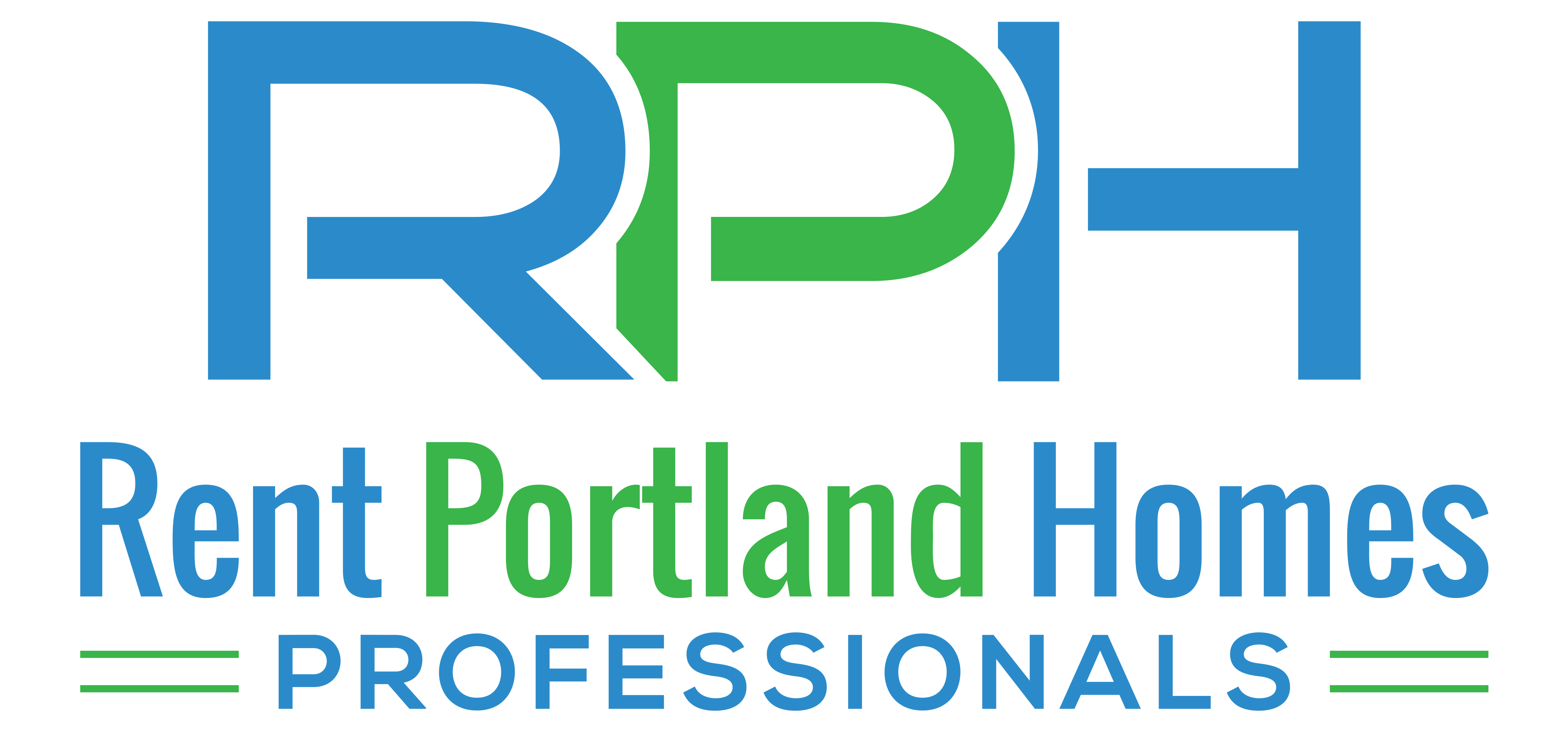Portland Oregon Inherited Property – Here’s What To Do With It

Portland Oregon Inherited Property can either be a blessing for those people who have wanted to add rental properties to their investment portfolios, or a curse if a new owner isn’t ready for the property and doesn’t know what to do with it.
Thankfully, inherited properties in Portland Oregon don’t have to be a pain if a new owner knows exactly what they should do with the property.
In this article, we will break down inherited properties in Portland and offer you a variety of tips that you should consider for that property.
What To Do With Your Inherited Property In Portland Oregon
What you decide to do with your inherited property has to do with the financial status and physical condition of the property, along with any time constraints.
Is there a mortgage on the property?
If there is a mortgage on the home you’ve inherited, the details of the mortgage might affect how quickly you decide to sell or rent the property.
- Due-on-sale clause: See if the mortgage has a due-on-sale clause, which states that the entire loan is due and payable if the borrower transfers the property to someone else, especially a non-family member. This clause may make it necessary for you to either pay off the mortgage in full or sell the property. When family members inherit a property, they can usually just assume the mortgage payments instead.
- Reverse mortgage: In a reverse mortgage, which is a financial product popular with older homeowners looking to access their home’s equity without moving, the original owner receives ongoing cash for the equity in the home, repaying the loan upon moving out. Upon the original owner’s death, the beneficiary often has a limited time to repay the amount due — usually six months. You’ll need to pay the balance with your funds, sell the home to satisfy the loan, or get a new loan in your name to cover the amount due.
- Underwater properties: If the property you’re inheriting is underwater (meaning more is owed on it than it’s worth), the issuing bank may agree to let you do a short sale on the home, accepting less for the property than the remaining loan amount.
- Mortgage paid off by the estate: While the person leaving the home to you may have had a mortgage on the property while they were living, it’s possible that the mortgage was paid off by their estate, and you own the home free and clear.
Does the property need repairs?
- Repairs to sell: Just like any home you’d purchase for yourself, it’s always a smart idea to get a home inspection upon inheriting a home. You’ll want to know about any big-ticket repairs that need to be done before selling the home — think furnace, foundation, roof, and windows. Home inspections cost between $250-$700, depending on the size of the home.
- Repairs to rent: Renters care less about the long-term condition of a property and more about the creature comforts, like new carpet and fresh paint.
- An alternative: Buyers will want big repairs completed before purchase. If you’re interested in selling the home without doing major repairs, consider selling it to Zillow as-is with Zillow Offers.
The cost of repairs to an inherited house can affect what the owners decide to do with the inherited property.
Are there multiple stakeholders in the inherited property?
It’s very common to inherit a property with another stakeholder, like a sibling or other family members. Of course, multiple stakeholders make things more complicated.
Consider these options:
- Buyout: If one sibling wants to keep the home and the other wants to sell, one can buy the other out, either in cash or by financing half of the home’s value. Out-of-pocket expenses include closing costs and an appraisal.
- Promissory note: If you want to keep the property, your sibling wants to sell and you don’t have access to a mortgage, you can record a promissory note that outlines how you’ll pay your half of the home’s value back to your sibling — in monthly installments plus interest. You’ll effectively be buying out your sibling over time, and they’ll receive some interest income along the way.
- Sell and split the profits: Perhaps the most straightforward option, you and your sibling agree to sell the home, pocketing your half of the proceeds after expenses and commissions.
- Rent and split the profits: If the real estate market isn’t strong, you may decide it makes more financial sense to rent the property. You and your sibling would pocket whatever profit is left over from the monthly rent, after maintenance, and property management costs.
- Suit for partition: If stakeholders can’t agree on what to do with a property, you’ll have to get the courts involved by filing a lawsuit for partition, which essentially asks a judge to order the sale of the home. This can be a timely and expensive process, with legal fees lowering the profits you’ll receive far below what you would have pocketed by selling in the first place.
When multiple people inherit a house together, it’s important to discuss all the options before selling the inherited property.
3 options for the inheritance of property: Move-in, rent, or sell
After gathering the necessary financial information, assessing the physical state of the home, and communicating with other stakeholders, it’s time to decide on what to do with the home you’ve inherited. Your decision to move in, rent, or sell the property will depend on many financial, circumstantial, and market decisions.
Move-in
- Financial impact: Whether you have a mortgage payment or not, you’ll be on the hook for maintenance, HOA fees, and the other unexpected expenses that come with homeownership.
- Tax liability: Just the act of inheriting a home doesn’t make you responsible for additional taxes in most states, except for the yearly property taxes you’ll pay as the new owner.
Turn it into a rental
- Financial impact: First, you’ll need to get the home rental ready. Then factor in costs like 24/7 maintenance support, property management, and tenant gaps.
- Tax liability: Just like any home you own; you’ll be required to pay property taxes. You may, however, be able to deduct the expenses related to upkeep and maintenance on your taxes.
Sell it
- Financial impact: You’ll have to cover any costs related to listing your home, including any repairs that need to be done beforehand, real estate agent services, staging, and closing costs.
- Tax liability: If you fall within certain tax brackets, you’ll be required to pay capital gains taxes on the difference between the fair market value of the home when you inherited it and the sale price.
Contact Rent Portland Homes – Professionals
At Rent Portland Homes – Professionals we take the strain of owning inherited property in Portland off your shoulders because we handle all of your property management needs from start, to finish.
To learn more about the property management services that we can offer you, contact us today by clicking here.







